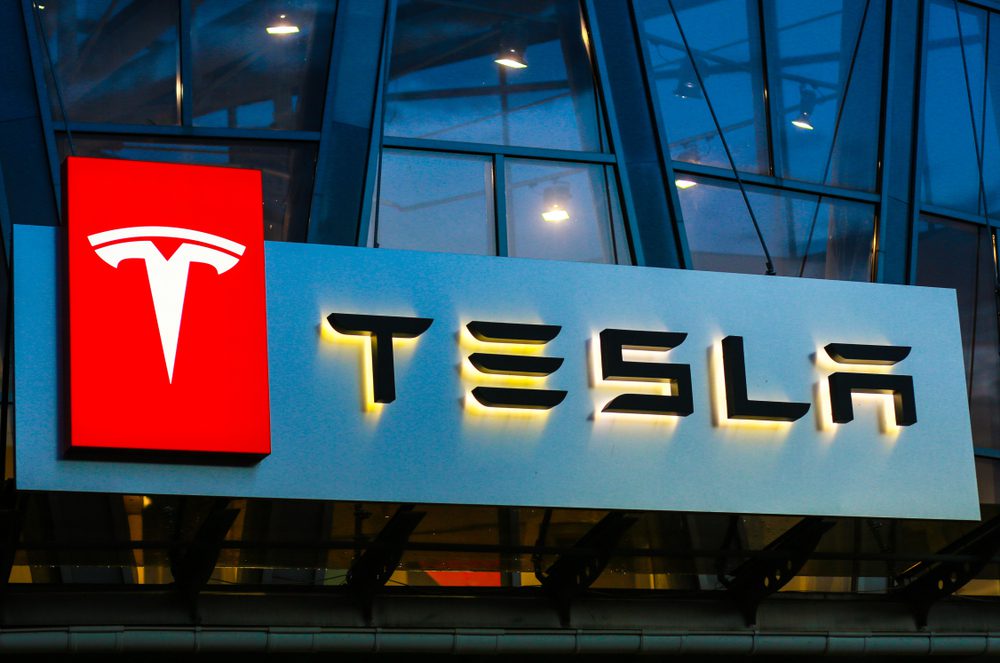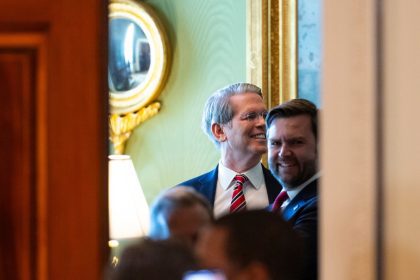Remember when Tesla was the cool kid on the block, the one everyone wanted to hang out with? Well, times have changed dramatically in Europe, and not in ways that Elon Musk probably imagined when he was busy revolutionizing the car industry.
Tesla’s European sales have taken a nosedive that would make even the most seasoned roller coaster enthusiast dizzy. We’re talking about a 49% drop in April alone, and a staggering 53% plummet in the EU specifically. This isn’t just a minor hiccup – it’s a full-blown crisis that’s got industry watchers scratching their heads and Tesla fans wondering what went wrong.
The perfect storm brewing against Tesla
What makes this situation particularly fascinating is that it’s happening while the electric vehicle market in Europe is actually thriving. EV sales jumped 27.8% overall, which means Tesla isn’t just losing because people stopped wanting electric cars. They’re losing because people stopped wanting Tesla’s electric cars specifically.
Think about that for a moment. In a market where everyone’s jumping on the electric bandwagon, Tesla is somehow managing to fall off entirely. It’s like being the only person at a pizza party who can’t get a slice – something has gone seriously wrong with your approach.
The company’s market share has been cut nearly in half, dropping from 1.3% to just 0.7% in a single year. That’s not a gentle decline – that’s a free fall that suggests fundamental problems rather than temporary market fluctuations.
When your CEO becomes your biggest liability
Here’s where things get really interesting from a business psychology perspective. Elon Musk’s increasingly controversial public persona appears to be directly impacting Tesla’s bottom line in Europe. European consumers, who tend to be more politically conscious about their purchasing decisions, are apparently voting with their wallets.
This creates a unique situation where a company’s product quality becomes secondary to public perception of its leadership. It’s like having the best restaurant in town, but nobody wants to eat there because they don’t like the chef’s Twitter feed.
The political climate surrounding Musk, particularly his associations and public statements, has created what marketing experts call “brand contamination.” Customers who might otherwise love Tesla’s technology are walking away because they can’t separate the product from the person behind it.
China’s electric army is taking over
While Tesla stumbles, Chinese manufacturers are absolutely crushing it in Europe. Companies like SAIC Motor saw their registrations jump 24.5%, and they’re not alone. This isn’t just about price competition – though Chinese EVs often come with significantly lower price tags.
Chinese manufacturers have learned from Tesla’s playbook and improved upon it. They’re offering comparable technology, better value propositions, and crucially, they don’t come with the baggage of controversial leadership. For European consumers who want cutting-edge electric vehicles without the drama, Chinese brands are providing exactly that.
The speed of this shift is remarkable. Just a few years ago, Chinese car brands were barely on European radars. Now they’re eating Tesla’s lunch while Tesla’s busy dealing with public relations disasters.
The aging superstar problem
Tesla’s model lineup is starting to show its age in ways that matter to European consumers. The Model Y and Model 3, once revolutionary, now feel dated compared to newer competitors who’ve had years to study Tesla’s approach and build something better.
European car buyers are notoriously demanding when it comes to build quality, interior design, and overall refinement. As more options become available, Tesla’s utilitarian approach is losing its charm. Why settle for a car that feels like a tech demo when you can get one that feels like a luxury vehicle at a similar price point.
The Model Y’s 48.4% sales decline this year tells the whole story. This was supposed to be Tesla’s volume seller, the car that would cement their position in the European market. Instead, it’s become a symbol of how quickly consumer preferences can shift when better alternatives emerge.
Europe’s unique market dynamics
European car markets operate differently than American ones, and Tesla seems to have underestimated these differences. European consumers tend to be more brand-loyal but also more willing to switch when they feel a brand no longer represents their values.
The charging infrastructure in Europe has also evolved rapidly, eliminating one of Tesla’s key advantages. When anyone can charge anywhere, Tesla’s Supercharger network becomes less of a selling point and more of a nice-to-have feature.
European regulations and incentives also favor a broader range of manufacturers, not just early movers like Tesla. This leveled playing field has allowed competitors to catch up quickly while Tesla was dealing with production challenges and leadership controversies.
The ripple effects are spreading
Tesla’s European troubles aren’t happening in isolation. They’re part of a broader pattern that includes production challenges, increased competition globally, and what appears to be a fundamental shift in how consumers view the brand.
When a company’s sales drop this dramatically in a growing market, it signals deeper problems than simple market fluctuations. Tesla is losing customers faster than they can attract new ones, and those customers are finding plenty of alternatives that didn’t exist just a few years ago.
The company’s response to these challenges will likely determine whether this is a temporary setback or the beginning of a longer decline in one of the world’s most important automotive markets.
What this means for the electric future
Tesla’s European struggles actually highlight something positive about the EV revolution. The market has matured to the point where consumers have real choices, and competition is driving innovation across the board.
This isn’t bad news for electric vehicles – it’s great news. When one company dominated the space, progress was limited by that company’s priorities and capabilities. Now, with dozens of manufacturers competing for European hearts and minds, the pace of innovation is accelerating rapidly.
Tesla’s decline in Europe might actually be exactly what the electric vehicle market needed to reach its full potential.

















